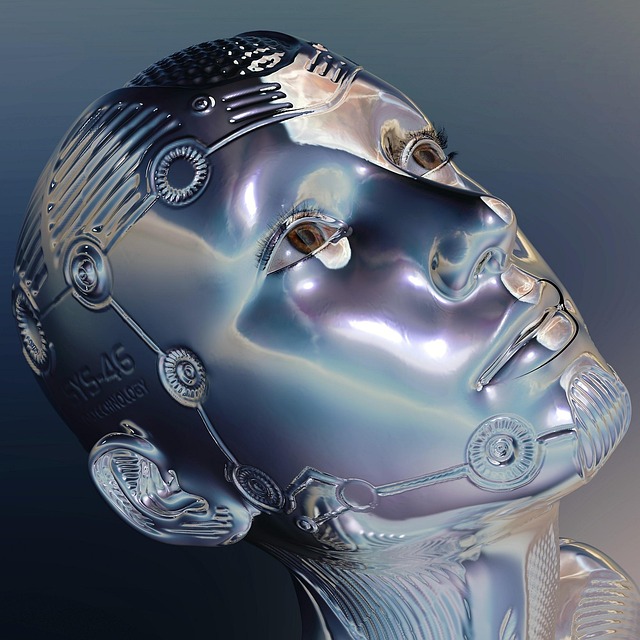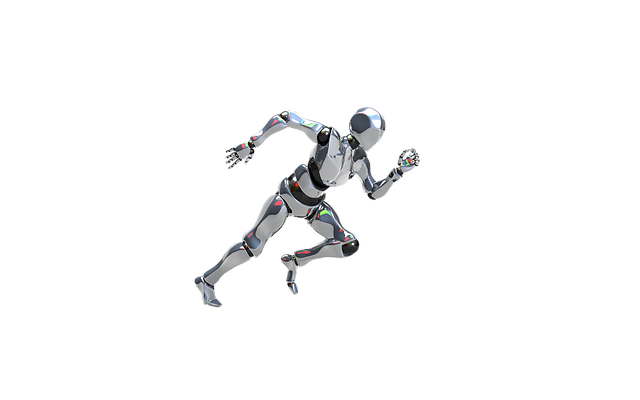
For Better or Worse? Robert J. Marks on Our AI Future
Artificial Intelligence (AI) has rapidly evolved, permeating various facets of our daily lives. From enhancing productivity to revolutionizing industries, AI's influence is undeniable. However, amidst the excitement, concerns about its potential impact on humanity persist. Dr. Robert J. Marks, a distinguished professor at Baylor University and director of the Walter Bradley Center for Natural & Artificial Intelligence, offers a nuanced perspective on this technological advancement.

The Hype Surrounding AI
The Hype Curve
Dr. Marks emphasizes that all technologies undergo a "hype curve," where initial excitement leads to inflated expectations, followed by a period of disillusionment, and eventually, a realistic understanding of the technology's capabilities. He cautions against succumbing to exaggerated claims about AI's potential, urging the public to maintain a balanced perspective.
ChatGPT and Its Limitations
Addressing the widespread use of AI models like ChatGPT, Dr. Marks points out their limitations. He notes that while these models can generate human-like text, they often lack accuracy and can produce biased or misleading information. He highlights that ChatGPT itself warns users about the potential for incorrect or biased content, underscoring the importance of critical evaluation when interacting with AI-generated information.
AI's Boundaries and Human Creativity
Non-Computable Aspects of Human Experience
Dr. Marks argues that certain human experiences and qualities are non-computable and cannot be replicated by AI. These include emotions such as love, empathy, and hope, as well as concepts like creativity and consciousness. He asserts that these uniquely human attributes are beyond the reach of artificial intelligence.
The Church-Turing Thesis
Referencing the Church-Turing Thesis, Dr. Marks explains that all computations performed by modern machines are, in principle, equivalent to those of a Turing machine from the 1930s. This principle suggests that no matter how advanced AI becomes, it will always operate within the confines of algorithmic processes, lacking the depth of human understanding and creativity.
The Future of AI and Human Society
AI as a Tool, Not a Replacement
Dr. Marks emphasizes that AI should be viewed as a tool designed to augment human capabilities, not replace them. He reassures that humans will remain in control, and AI will not render us subservient. The key lies in how society chooses to integrate and regulate AI technologies.
Ethical Considerations and Human Oversight
As AI continues to evolve, ethical considerations become paramount. Dr. Marks advocates for human oversight in AI applications, especially in critical areas like military technology and decision-making processes. He highlights the necessity of maintaining human agency and ethical standards in the development and deployment of AI systems.
Conclusion
Dr. Robert J. Marks provides a grounded perspective on the future of AI, acknowledging its potential while recognizing its limitations. By understanding the boundaries of AI and emphasizing the irreplaceable nature of human qualities, society can navigate the challenges and opportunities presented by this transformative technology.
For a more in-depth discussion, you can watch Dr. Marks' interview on The Science Dilemma:
Note: Replace "VIDEO_ID" with the actual ID of the interview video.
